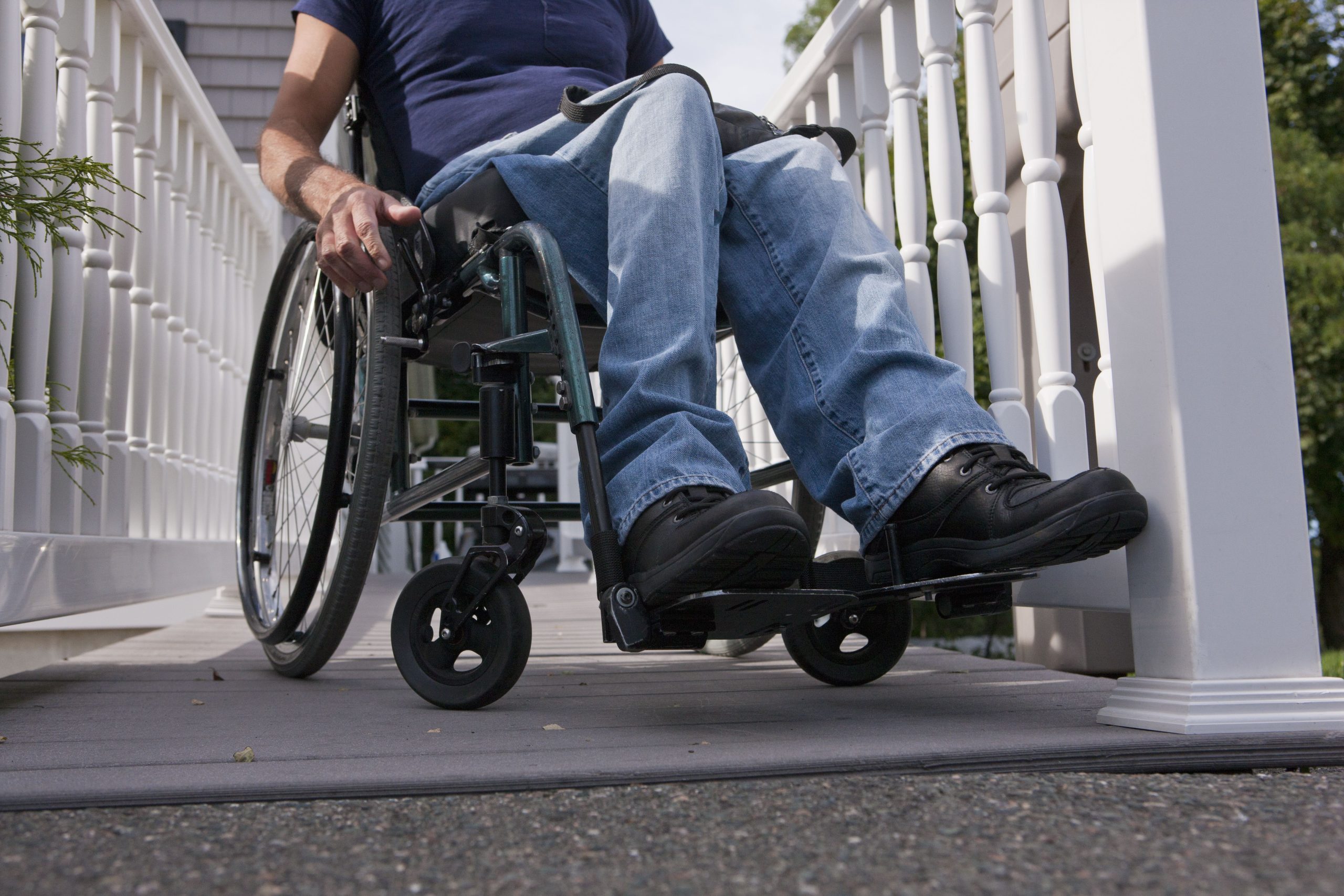Hospitals rely heavily on patient transporters to ensure operations run smoothly. But what exactly does a patient transporter do? These professionals help move patients from one area of the hospital to another safely and efficiently. Whether it’s transporting patients to surgery, diagnostics, or back to their rooms, transporters make sure the process is smooth and stress-free. They also assist with moving medical equipment and lab specimens. In busy healthcare settings like those offering hospital patient transport services in Westminster, MD, these workers are essential in preventing delays, reducing stress for staff, and ensuring patients receive timely care.
How Does Hospital Patient Transportation Work?
Patient transportation involves safely transferring individuals using stretchers, wheelchairs, or hospital beds, depending on the patient’s condition. These moves are often coordinated with nurses and doctors to ensure everything happens according to a medical schedule. A high-functioning system helps the hospital avoid emergency room backups and ensures surgical teams stay on track. For example, hospital to home transport service in Westminster, MD ensures patients discharged from medical facilities return home safely, especially those recovering from major procedures. The service also includes monitoring during transit and assistance getting into their homes—providing peace of mind for both patients and families.
What Types of Hospital Transport Services Are Available?
Hospitals offer several types of transportation services tailored to patient needs. This includes internal transport between departments, emergency transfers, and non-emergency transport for routine appointments. Some services go beyond the hospital’s walls, such as returning patients home or taking them to another facility. If you’re searching for hospital transport services near me, you’ll find providers offering both medical and non-medical support during travel. The goal is to reduce wait times and improve the patient experience. These services often work hand-in-hand with nurses and case managers to meet patients’ physical and emotional needs during transport.
What Makes a Good Patient Transporter?
A successful patient transporter needs more than physical strength. Compassion, patience, and professionalism are essential. These workers must communicate clearly with patients, make them feel comfortable, and adapt to different medical situations quickly. At Crothall Healthcare, transporters are trained in customer service, infection control, and safety protocols. In many patient transportation services for hospitals, team members undergo continual training to maintain high standards of care. Good transporters also check equipment before every move and are trained to work around sensitive medical devices. Their calm, friendly demeanor helps reduce patient anxiety during what can often be stressful transfers.
Why Is Patient Transportation a Growing Career Field?
The demand for skilled patient transporters continues to grow with healthcare’s increasing complexity. Hospitals are expanding, patient loads are rising, and more people require medical support for mobility. This creates a career path full of opportunity. Beyond job security, working in this role is personally fulfilling—transporters play a direct role in patient care and recovery. Many enjoy the opportunity to connect with people and offer a comforting presence. The role also serves as a stepping stone to other positions in healthcare. With services like hospital patient transport services in Westminster, MD, career advancement is both possible and encouraged.
FAQs
Q1: What is patient transportation in a hospital?
Patient transportation is the movement of patients between locations within or outside a hospital, often using wheelchairs or stretchers for safety.
Q2: Who qualifies for hospital to home transport?
Typically, patients recently discharged or those with mobility issues qualify. Providers in Westminster, MD, assess needs before scheduling.
Q3: Are hospital transporters trained medical staff?
While not always medically licensed, they are trained in patient safety, transport protocol, and basic support techniques.
Q4: How can I find hospital transport services near me?
Search online with your location or ask your healthcare provider for recommendations for nearby service providers.
Q5: What’s included in patient transportation services for hospitals?
Services often include safe transport, assistance in and out of vehicles, emotional support, and sometimes post-discharge care instructions.
Comments are closed or not available on this post.




